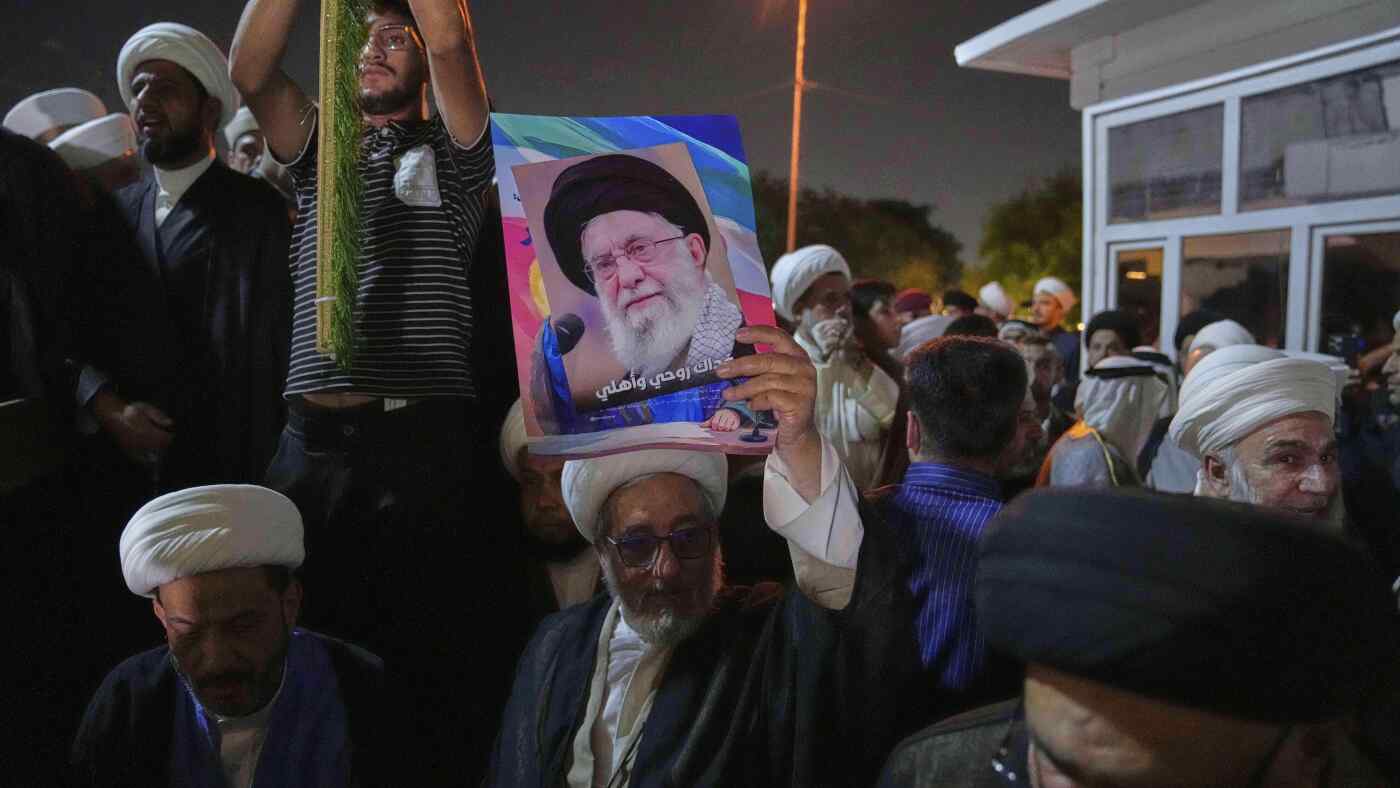The Delicate Dance of Diplomacy
In the shadow of escalating tensions between Israel and Iran, European nations have stepped onto the diplomatic stage, taking the lead in a high-stakes effort to prevent a full-blown regional conflict. The recent meeting in Geneva, involving foreign ministers from the UK, France, Germany, and Iran, marks a critical juncture in this complex geopolitical drama. The stage is set for a delicate dance of diplomacy, where every step could either steer the region towards peace or propel it towards war.
A Region on the Brink
The Middle East is a powder keg, and recent actions have lit the fuse. Israel’s offensive against Iranian targets, a retaliatory move following Iran’s missile and drone attacks, has sent shockwaves through the region. The specter of a wider war looms large, and the United States’ uncertain position has left a diplomatic vacuum that Europe is eager to fill. The situation is a tangled web, with Iran’s nuclear ambitions and the potential for catastrophic escalation at its core.
The European Initiative: A Two-Pronged Approach
The European delegation, comprising representatives from the UK, France, and Germany, has a clear and urgent mission. Their two-pronged approach aims to tackle the immediate crisis and the underlying nuclear concerns.
De-escalation: A Race Against Time
The most pressing task is to de-escalate the current conflict. European leaders are urgently seeking assurances from Iran that it will not take further actions that could inflame tensions. They are pushing for a “window for diplomacy,” a narrow but crucial opportunity to prevent a catastrophic escalation. The clock is ticking, and the stakes are high.
Nuclear Negotiations: A Path to Stability
The second priority is to revive nuclear negotiations. The original Joint Comprehensive Plan of Action (JCPOA), abandoned by the U.S. under the Trump administration, aimed to curb Iran’s nuclear ambitions. European powers view a nuclear-armed Iran as a significant threat and are pushing for a return to negotiations or a comparable framework. However, Iran’s recent actions and unwillingness to negotiate under military pressure present significant hurdles.
The Symbolism of Geneva
The choice of Geneva as the meeting location is laden with symbolism. It is a nod to the past, where the initial accord on curbing Iran’s nuclear program was reached in 2013. This symbolic resonance serves as a reminder of the potential for negotiated solutions, even in the face of daunting challenges. It is a beacon of hope, illuminating the path forward amidst the current turmoil.
Iran’s Stance: Defiance and Sovereignty
Iran, however, is not readily stepping onto the diplomatic dance floor. Iranian officials have made it clear that they will not engage in discussions about their nuclear program while under attack. This stance reflects Iran’s determination to defend its sovereignty and its unwillingness to negotiate from a position of perceived weakness. Moreover, Iran’s recent retaliatory actions demonstrate its readiness to respond to provocations, further complicating the diplomatic efforts.
The US Factor: A Dance of Uncertainty
The United States adds another layer of complexity to this diplomatic ballet. While the European talks are coordinated with the U.S., President Trump’s potential responses remain uncertain. The contrast between Europe’s diplomatic approach and the possibility of U.S. military intervention highlights a divergence in strategic approaches. Clear communication and coordination between Washington and its European allies are crucial to avoid unintended consequences.
The Ticking Clock: Urgency and Opportunity
The situation is urgent, with a rapidly narrowing window for diplomatic intervention. The continued exchange of fire between Israel and Iran, coupled with the potential for miscalculation, creates a volatile environment. European leaders are leveraging their diplomatic influence to prevent a full-scale regional war. The success of these efforts hinges on the willingness of all parties to engage in constructive dialogue, exercise restraint, and prioritize de-escalation.
The Dance Continues: A Fragile Hope
The Geneva talks represent a fragile opportunity to avert a wider conflict. The willingness of European and Iranian diplomats to meet face-to-face is a positive sign. The immediate focus will be on establishing clear communication channels, reducing the risk of further escalation, and exploring potential pathways for a return to nuclear negotiations. The outcome of these talks will have profound implications for the future of the Middle East and the broader international order.
The delicate dance of diplomacy continues, with each step carrying the weight of potential peace or further conflict. The hope is that the parties involved will choose the path of dialogue and restraint, steering the region away from the brink of war. The world watches with bated breath, hoping that this diplomatic ballet will lead to a peaceful resolution, rather than a deadly waltz towards destruction.











